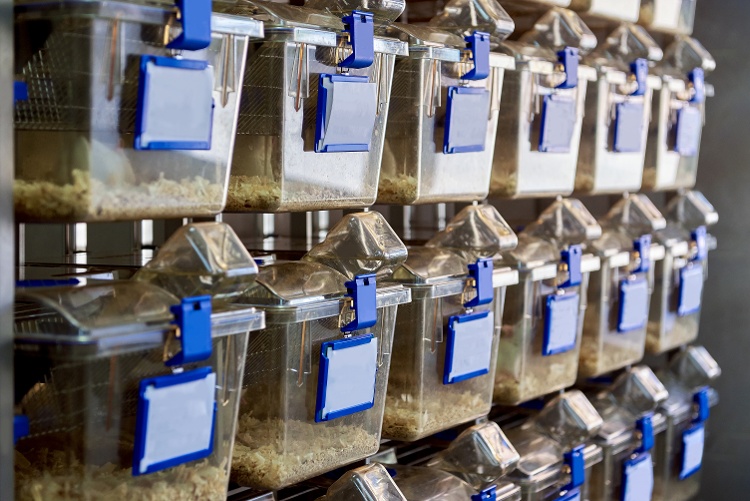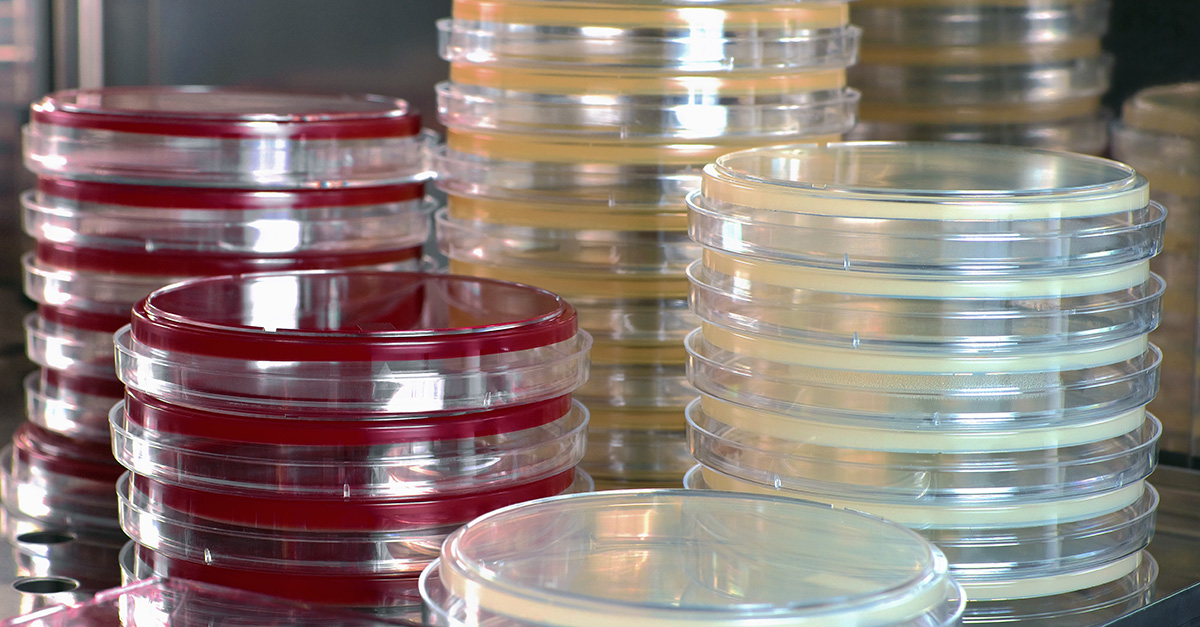

Collaboration is critical for neuroscience's greatest challenges
Pre-clinical models underpin some of the most exciting discoveries in neuroscience. For example, over the last three decades, animal models have enabled scientists to describe how we navigate our...

Custom antibody production and the value of experience
There are many uses for custom antibodies in research, from developing therapeutics to their use in in vitro assays. Production of antibodies is a technically demanding and time-consuming process,...

The fine art of contract breeding
The quality of preclinical research is key to the successful translation of new drugs to the clinic. An important driver of this quality is a healthy, meticulously managed, and accurately...

Not all surgical models are equal: the beauty is in the details
Surgically modified animal models play a critical role in biomedical research, allowing researchers to mimic the structural and functional properties of human conditions. However, it is only with...

Progress in diets to induce nonalcoholic fatty liver disease (NAFLD) and nonalcoholic steatohepatitis (NASH)
The prevalence of nonalcoholic fatty liver disease (NAFLD) is increasing, with ~24% of the US and European populations estimated to be affected. NAFLD is defined as the presence of fat in liver...

Patient-derived xenograft: making personalized medicine even more personal
It is well established that personalized medicine can overcome some limitations of a one-size-fits-all approach to healthcare. In research and practice, personalized medicine is being increasingly...

Cryopreservation and rederivation: Two steps forward, no setback
Effective colony management ensures reproducible research outcomes and adherence to the principles of the 3Rs. Cryopreservation and rederivation services are highly effective tools for meeting these...

